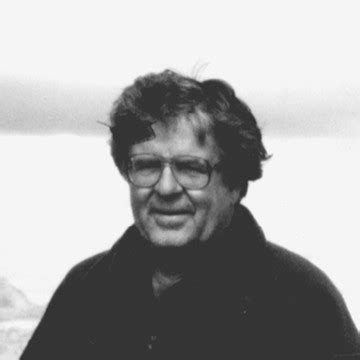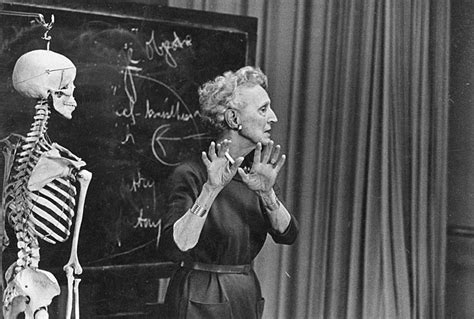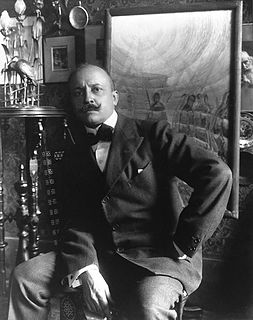Цитата Уолтера Айзексона
Всю свою жизнь Альберт Эйнштейн сохранил интуицию и благоговение ребенка. Он никогда не переставал удивляться волшебству природных явлений — магнитных полей, гравитации, инерции, ускорения, световых лучей, — которые взрослые находят столь обыденными. Он сохранил способность удерживать в уме две мысли одновременно, недоумевать, когда они противоречат друг другу, и удивляться, когда он учуял лежащее в основе единство. «Такие люди, как ты и я, никогда не стареют», — писал он другу в более позднем возрасте. «Мы никогда не перестаем стоять, как любопытные дети, перед великой тайной, в которой мы родились.
Темы цитат
Способность
Ускорение
Альберт
Трепет
перед
рождением
Прекратить
Ребенок
Дети
Обыденность
Может
Любопытный
Поля
Эйнштейна Найти
друга
Гравитация
Великая
Расти
Взрослые
Взрослые Взрослые
Его
хватка
Инерция
Интуиция
Позже
Позже
в жизни
Жизнь
Свет,
как
будто ты
потерялся
Магия
Магнитные
магнитные поля
Удиви
меня
Разум
Тайна
Природа
Никогда
Старики
Феномены
Озадаченные
Сохраняют
Чувство
Чуда
Одновременно
Чувствуют
Стойкие
Мысли
На
протяжении
двух
Основных
Взлетов
Единства
Какое
Чудо
Написало бы
Связанные цитаты
Интересно, что увидел мой отец в своем самом тайном взгляде на правильную жизнь. Я предполагаю, что он хотел прожить свою жизнь в окружении друзей, детей и плодородных полей, созданных им самим. Я думаю, он хотел умереть, веря, что побывал в одном из творений прекрасного места. Эти старые пилигримы верили историям, в которых Запад был обещанием, далеким местом, где порядочные люди могли спастись от обломков старого мира и начать все сначала. Иди ко мне, шепчет сон, и у тебя может быть еще один шанс.
Мысли и эмоции, которые, возможно, никогда не были в уме художника, никогда не предвиделись, никогда не предназначались им, могут быть сильно навеяны его работами. Это важная часть морали искусства, которую мы никогда не должны упускать из виду. Искусство не только для удовольствия и выгоды, но и для добра и для зла.
Я обещал, что спасу его, заберу домой! Я обещал ему!»... Томас прижал Чака к груди, сжал его так сильно, как только мог, как будто это могло как-то вернуть его или выразить благодарность за спасение его жизни, за то, что он был его другом, когда никто другой не стал бы. плакал, плакал так, как никогда раньше. Его громкие, мучительные рыдания эхом разносились по комнате, как звуки мучительной боли. (стр. 358 в твердом переплете)
Каждый ребенок имеет право знать, как добиться контроля над своим телом, чтобы использовать его в меру своих возможностей для выражения своих реакций на жизнь. Даже если он никогда не сможет продвинуть свои усилия достаточно далеко, чтобы реализовать танец в его высших формах, он может испытать чистую радость ритмического чувства свободного, контролируемого и выразительного движения и через это познать дополнение к жизни, к которому стремится каждый человек. имеет право.
Мой самый дорогой, самый дорогой, дорогой Альберт сидел рядом со мной на скамеечке для ног, и его чрезмерная любовь и привязанность давали мне чувство небесной любви и счастья, на которые я никогда не надеялась испытать раньше! Он обнял меня, и мы снова и снова целовали друг друга! Его красота... его нежность и нежность - действительно, как я могу быть достаточно благодарной, чтобы иметь такого мужа! чтобы меня называли именами нежности, которых я еще никогда не слышала, - это было невероятное блаженство! Ой! Это был самый счастливый день в моей жизни! Да поможет мне Бог исполнять свой долг должным образом и быть достойным таких благословений.
Лошадь фермера никогда не хромает, никогда не годится для движения. Никогда не выбрасывает бордюры, никогда не ломается ни впереди, ни сзади. Как и его хозяин, он никогда не показной. Он не лапает и не гарцует, не выгибает шею и не заставляет мир восхищаться его красотами... и когда он нужен, он всегда может сделать свою работу.
Когда же вы избавитесь от лимфатической идеологии этого жалкого Рёскина, которую я хотел бы покрыть такими насмешками, чтобы вы никогда ее не забыли? С его нездоровой мечтой о первобытной и деревенской жизни, с его ностальгией по гомеровским сырам и легендарным прядильщикам шерсти, с его ненавистью к машине, паровой силе и электричеству, этот маньяк античной простоты подобен человеку, который, достигнув полного физической зрелости, все еще хочет спать в своей колыбели и питаться грудью дряхлой старой няни, чтобы восстановить свое бездумное младенчество.
мне приходит в голову, что я так многого о нем не знала — его прошлого, его роли в сопротивлении, какой была его жизнь в дикой местности до того, как он приехал в Портленд, и я чувствую вспышку горя, такую сильную, что почти заставляет меня плакать: не из-за того, что я проиграл, а из-за упущенных шансов.
Боль не пугала его. Боль была если не другом, то семьей, чем-то, с чем он вырос в своих яслях, научился уважать, но никогда не уступать. Боль была просто сообщением, говорящим ему, какие конечности он еще может использовать, чтобы убивать своих врагов, как далеко он еще может бежать и каковы его шансы в следующей битве.
Человек не... стоит неподвижно и ясно перед нашими глазами с выставленными на его поверхности своими достоинствами, своими недостатками, своими планами, своими намерениями в отношении нас самих... а есть тень, сквозь которую нам никогда не удастся проникнуть... ... тень, за которой мы можем попеременно с одинаковым основанием вообразить, что горит пламя ненависти и любви.






































